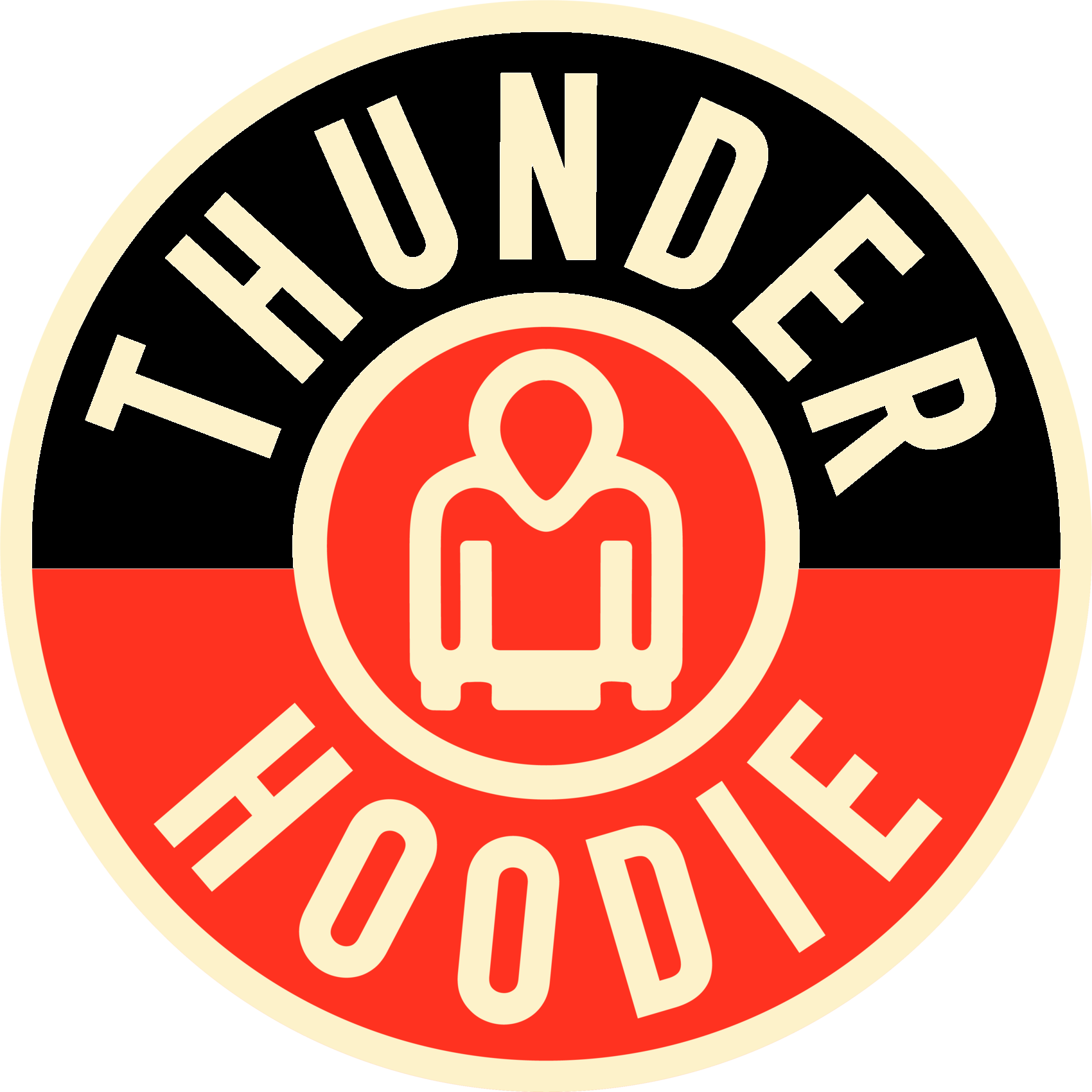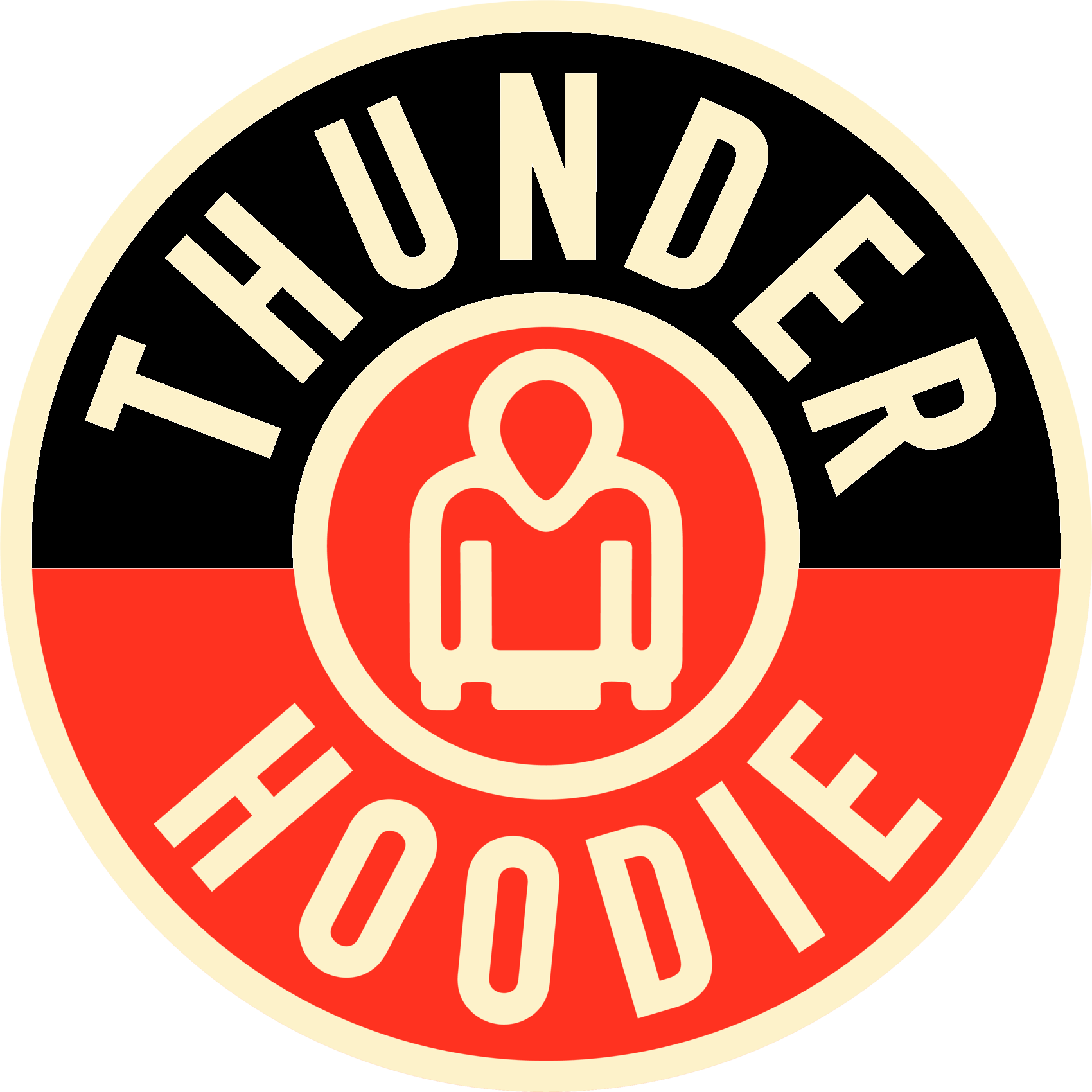Global Salami Market Poised for Steady Growth Amid Evolving Consumer Preferences and Processed Meat Innovation
The Salami Market is gaining momentum across global regions as changing dietary patterns, growing meat consumption, and the rising popularity of charcuterie products fuel demand. Salami, a traditional fermented sausage made from beef or pork, has found its place not only in European culinary traditions but also in emerging global markets that are embracing premium processed meats.
As lifestyles become increasingly fast-paced, the demand for ready-to-eat meat products like salami is climbing. Urbanization, rising disposable incomes, and a growing preference for protein-rich, shelf-stable foods are contributing to the upward trajectory of this market. Manufacturers are focusing on innovative flavor combinations and clean-label formulations to attract health-conscious consumers.
According to Dataintelo, the global Salami Market is anticipated to experience significant expansion over the forecast period, driven by robust demand in retail, foodservice, and export channels. A comprehensive analysis of market trends reveals a mix of traditional consumption patterns and modern production innovations reshaping the industry landscape.
Key Drivers Boosting Market Expansion
-
Surging Demand for Processed Meat: With increasing meat consumption globally, processed varieties like salami offer convenience and a long shelf life, meeting the needs of busy consumers.
-
Culinary Globalization: The incorporation of salami into various international cuisines has made it a staple beyond European borders.
-
Rise of Premium and Artisanal Products: Consumers are willing to pay more for high-quality salami featuring organic ingredients, natural casings, and traditional curing methods.
Emerging Restraints Hindering Growth
While growth prospects remain promising, certain challenges could slow market expansion:
-
Health Concerns Regarding Processed Meat: Growing awareness of the risks associated with nitrites, sodium, and saturated fats may influence consumer choices.
-
Strict Regulatory Environments: Countries enforcing tight regulations on food safety, labeling, and meat sourcing may create barriers for new entrants.
-
Supply Chain Disruptions: Fluctuations in raw meat availability and rising transportation costs can impact the final price and availability of salami.
Opportunities for Stakeholders and Innovators
Amid the restraints, several lucrative opportunities are emerging:
-
Plant-Based Alternatives: The rise of vegetarian and flexitarian diets has opened avenues for plant-based salami options using soy, legumes, and mushroom-based proteins.
-
E-Commerce Growth: Online grocery platforms are helping premium salami brands expand their reach to global consumers.
-
Customized Flavor Profiles: Introducing region-specific spices and flavor infusions helps brands tap into local taste preferences and differentiate themselves.
📌 Request a Sample Report: https://dataintelo.com/request-sample/62632
Global Market Dynamics and Performance Metrics
The Salami Market is projected to witness a compound annual growth rate (CAGR) of over 5.8% between 2024 and 2032. In 2023, the market size stood at approximately USD 4.7 billion, and it is expected to reach USD 7.9 billion by the end of the forecast period.
Europe remains the dominant consumer and producer due to long-standing culinary traditions and the presence of specialized processing units. However, regions like Asia-Pacific and North America are registering faster growth, driven by rising meat intake, culinary experimentation, and premium food retailing.
Segmental Insights: Product and Distribution Trends
Salami is segmented by meat type, flavor profile, packaging, and distribution channels. Key trends include:
-
By Type:
-
Pork-based salami dominates the segment.
-
Beef salami gaining popularity in markets with dietary restrictions.
-
-
By Distribution Channel:
-
Supermarkets and hypermarkets remain primary sales channels.
-
Online retail is gaining rapid momentum, especially among millennial buyers.
-
-
By Packaging:
-
Vacuum-sealed and modified atmosphere packaging (MAP) ensures freshness and extended shelf life.
-
📌 View Full Report: https://dataintelo.com/report/salami-market
Innovation and Market Differentiation
Product innovation continues to drive competition in the salami sector. Manufacturers are emphasizing the use of:
-
Antibiotic-free and hormone-free meats.
-
Natural preservatives like vinegar and rosemary extracts.
-
Transparent labeling with provenance information.
In addition, a growing number of brands are launching halal-certified and gluten-free variants to reach a wider demographic. These strategies help cater to a more diverse consumer base and build trust through responsible sourcing and clean-label practices.
Regional Highlights: Growth Hotspots
-
North America: Experiencing strong growth due to increasing demand for artisanal and gourmet meat products.
-
Europe: Holding the largest market share, particularly in countries like Italy, Germany, and Spain where salami consumption is rooted in tradition.
-
Asia-Pacific: Emerging as a key market due to population growth, rising incomes, and changing food habits in urban areas.
📌 Check Out the Report: https://dataintelo.com/checkout/62632
Future Outlook: What Lies Ahead
The Salami Market is expected to evolve with heightened focus on health, sustainability, and digital commerce. As consumer awareness around food sourcing and nutrition intensifies, brands that adapt with transparency, cleaner ingredients, and inclusive offerings will stand out.
Moreover, continued investments in cold chain logistics, innovative packaging, and cross-border e-commerce are expected to strengthen global supply networks and extend market reach.
Conclusion
The global Salami Market is navigating a dynamic landscape marked by innovation, consumer awareness, and evolving dietary trends. While health and regulatory hurdles present challenges, the market is thriving on the back of rising demand for high-quality, ready-to-eat protein products. Stakeholders poised to invest in innovation, digital platforms, and sustainable sourcing practices are likely to capitalize on the market’s long-term growth potential.
For businesses, investors, and entrepreneurs looking to explore this savory segment, understanding regional nuances and shifting consumer preferences will be key to success.
- Art
- Causes
- Crafts
- Dance
- Drinks
- Film
- Fitness
- Food
- Games
- Gardening
- Health
- Home
- Literature
- Music
- Networking
- Other
- Party
- Religion
- Shopping
- Sports
- Theater
- Wellness


